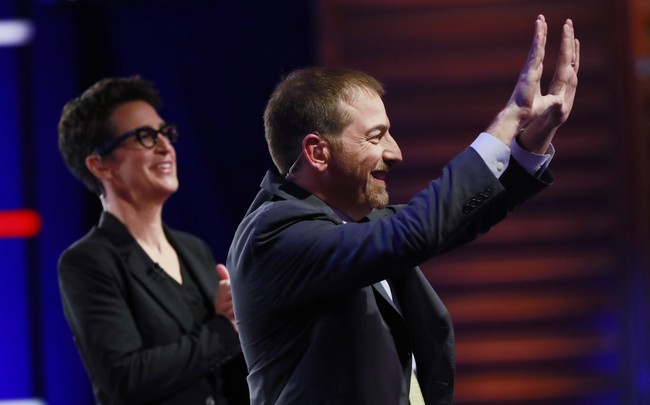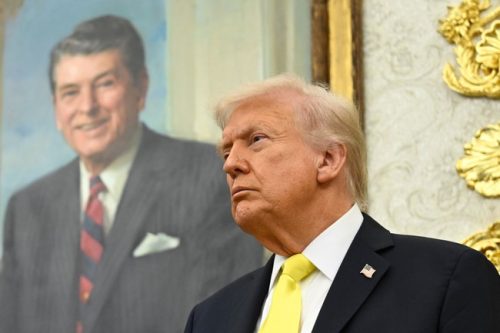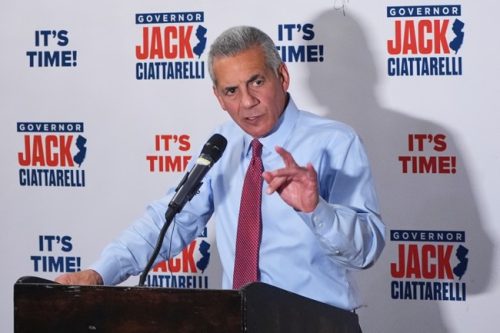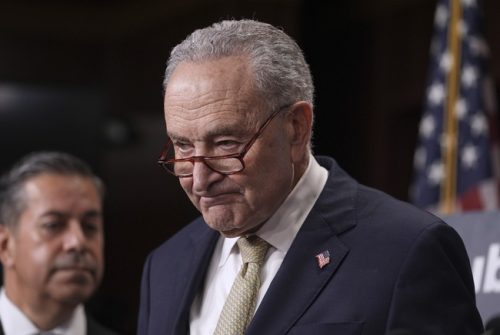Chuck Todd, the former Meet the Press host, surprised listeners on the Can’t Be Censored podcast when he named President Donald Trump as the most effective political communicator of this generation. Todd made the comment on the show hosted by Karman Wong and Travis Dhanraj, arguing that Trump’s style cuts through noise and wins votes. The assessment rests on real results, not feel-good slogans, and it raises a clear point about what modern politics rewards.
Todd, despite not being a conservative or a Trump backer, said Trump is the guy for that title, and his reasoning was straightforward: communication that converts. He argued that only someone like Trump could tap into a deeply polarized environment and still secure electoral victories by delivering a direct, unmistakable message to millions. That intensity of connection with voters is hard to replicate with careful, polished rhetoric alone.
Todd was spot-on in his assessment, noting that only Trump could tap into this highly partisan, and one could argue deranged, political climate and win a presidential election handily. Half of this country goes stark-raving mad over anything he does, but he found a way to beat the Electoral College, the popular vote, and sweep all seven swing states in 2024. Those are measurable outcomes that tell you something about the power of blunt, relentless messaging and about who actually moves voters.
TUNE IN: Chuck Todd admits President Trump is "the best communicator of this generation."
Q: "Who's the best communicator of this generation?"
Todd: "I guess you have to say it's Donald Trump."pic.twitter.com/Zd2CkXdUUg
— Resist the Mainstream (@ResisttheMS) October 31, 2025
What about Obama? Todd says the former president was adroit at navigating messaging so that progressives saw him as a revolutionary and moderates saw him as pragmatic. He did add that, regarding the 21st century, Obama holds that title among Democrats, but Trump is the more effective communicator. That line draws an important distinction: Obama mastered nuance and coalition-building inside his party, while Trump mastered raw persuasion across a fractured electorate.
Trump’s strength is less about polished speeches and more about repeated, unmistakable themes that stick. He simplifies complex debates into memorable lines, repeats those lines relentlessly on prime-time platforms and at packed rallies, and forces media cycles to respond on his terms. Those techniques don’t win over everyone, but they reliably translate into turnout and realignment among swing and formerly-aligned voters.
One clear takeaway Todd highlighted is how Trump reclaimed parts of the Obama coalition in 2024, bringing over groups Democrats assumed were locked down for good. Those voters didn’t flip because of policy papers; they flipped because of a narrative they trusted and a messenger who spoke to their frustrations. If a candidate can’t communicate in ways voters understand and feel, they can’t build that kind of durable advantage.
Democrats have struggled to answer this communication style, and that failure shows in panic and theory-crafted explanations rather than strategic messaging changes. When voters move, the reaction from the left is often anger rather than examination of what failed at the ballot box. That’s why Todd pointed out the obvious frustration: the voter blocs that once seemed permanent weren’t permanent at all.
From a Republican viewpoint, this should be a reminder not to fetishize wonky framing over plain speech that connects. Winning requires clarity, repetition, and the willingness to speak plainly about what matters to people’s daily lives. Trump’s approach isn’t for everyone, but the results make a compelling case that blunt, televised clarity has more electoral power today than careful, civil persuasion alone.
Politics rewards those who can bend headlines to their advantage and make the news cycle a tool, not a hazard. Chuck Todd’s unexpected praise for Trump as the era’s leading communicator underscores a wider lesson: influence in modern American politics depends on being heard, remembered and trusted enough to move across traditional boundaries. Welp. Too bad.






